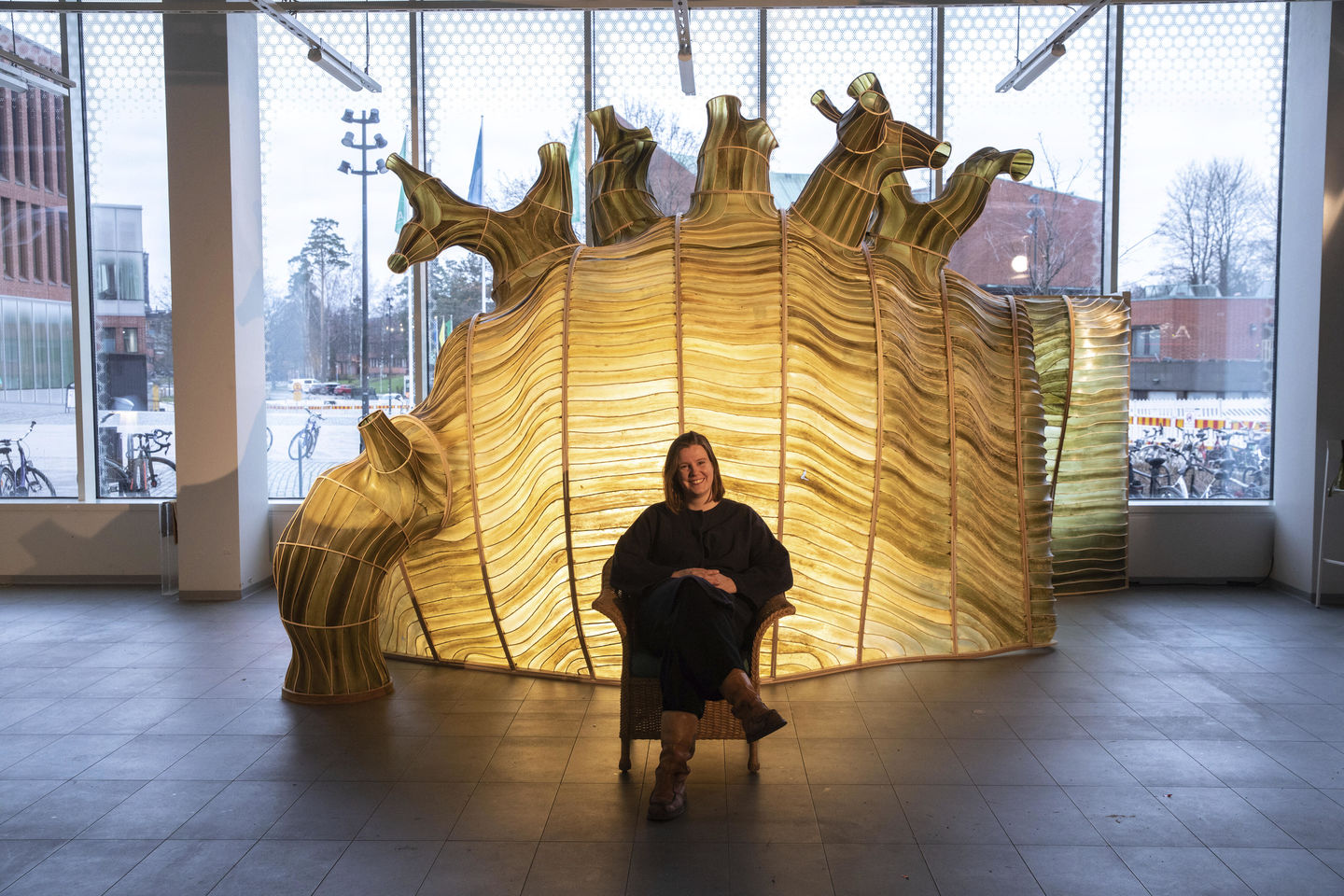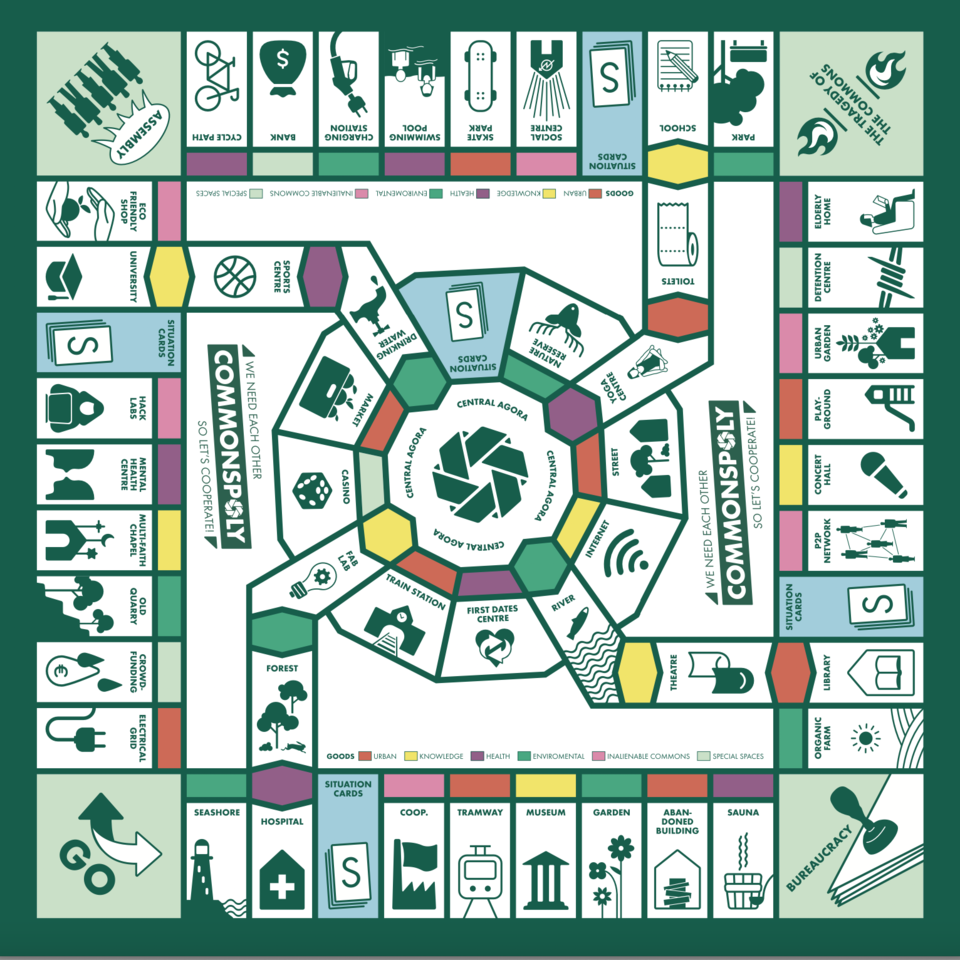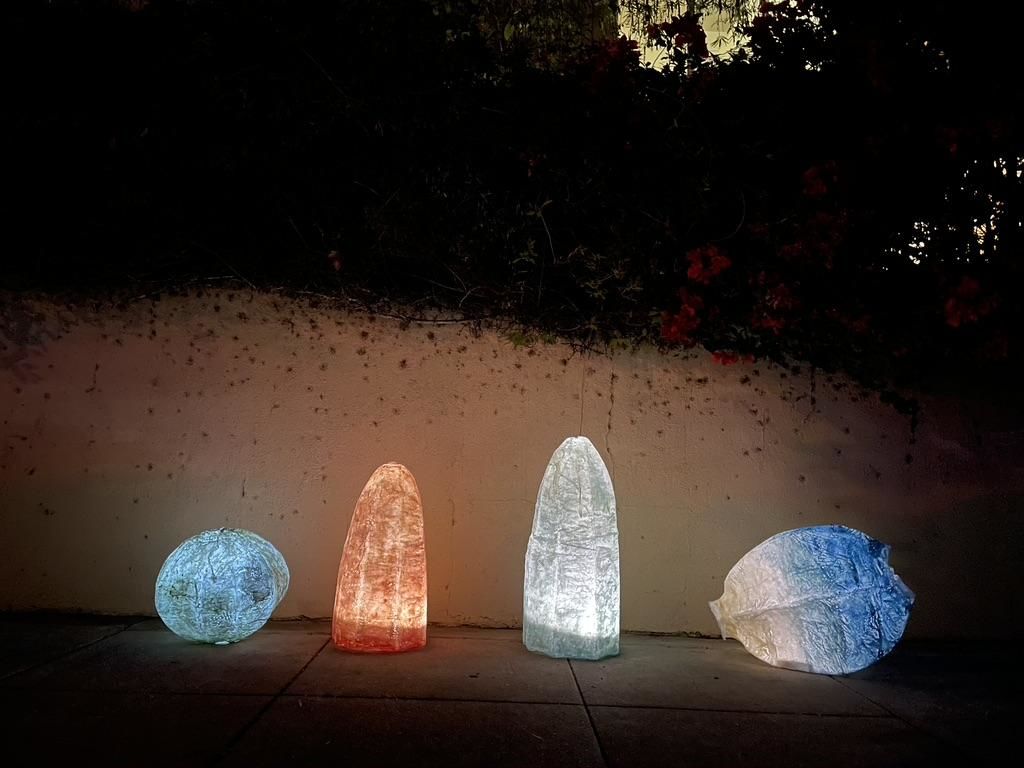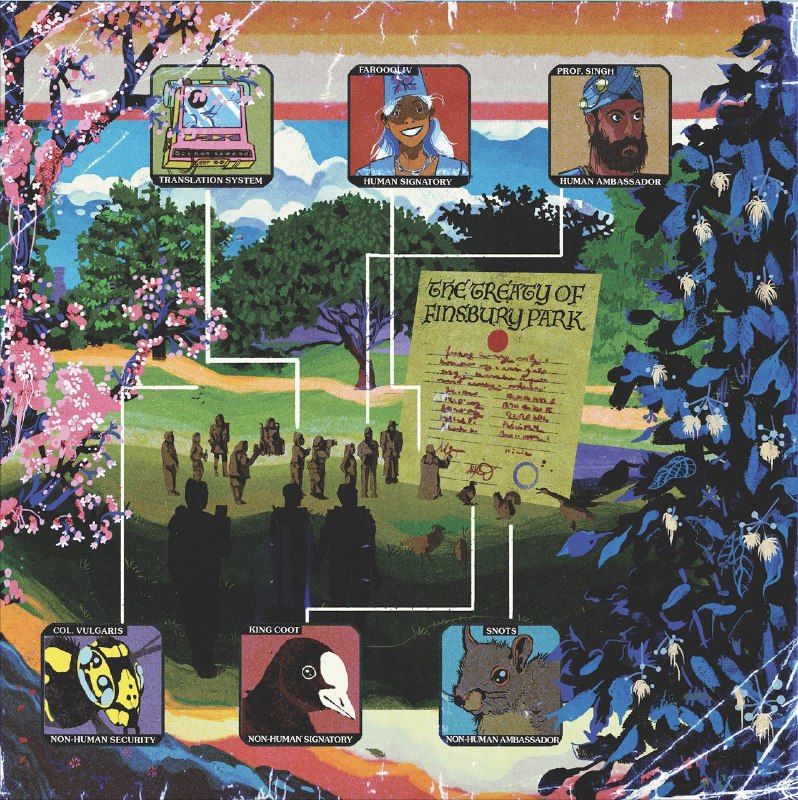The CreaTures research project highlights how creative practices can contribute to the sustainability agenda

CreaTures – Creative Practices for Transformational Futures is an EU Horizon funded, transdisciplinary research project that investigated the role of creative practices in promoting shifts towards socially and environmentally sustainable futures. The three-year project, which is now coming to its end, was built on the basis that sustainability transformations require changes in both social and ecological systems. There is no ecological without social because the impact of human activity affects all other life and possibility for life on the planet. Similarly, there is no social without the ecological given our material dependence upon healthy, living ecologies.
Recognising that a major role in fostering positive eco-social change is played by the cultural sector, CreaTures brought together creative practitioners from art, design and related cultural fields to collaborate with a team of researchers. Together they examined how different creative practices contribute to sustainability transformations. Central to this collaboration were 20 experimental productions developed within the CreaTures Laboratory.
The experiments and their learnings have now been gathered together in a free, open-access catalogue, which can be downloaded here.
“CreaTures’ laboratory with its 20 experimental productions has been a truly exceptional experimenting platform through which we, both researchers and creative practitioners, have all learned about creative practices and the kind of transformative tactics they apply to advance eco-social sustainability. In January we will open another key result of the project, the CreaTures framework, that sums these learnings and a collection of resources for researchers, creative practitioners, policy makers and funders. The framework will set out how creative practices can stimulate action towards socially and ecologically sustainable futures.” says professor Tuuli Mattelmäki, who has been the scientific coordinator of the CreaTures project.
The project was coordinated by Aalto University Department of Design and there were 11 partners from five European member states in the project, and RMIT Australia as an international partner, bringing together several universities, art collectives and individuals, cultural cooperatives and design studios associated with creative approaches to transformation and sustainability.
Contact:
Tuuli Mattelmäki, Professor of design at Aalto University School of Arts, Design and Architecture
tuuli.mattelmaki@aalto.fi
Read more news

Apply Now: Unite! Visiting Professorships at TU Graz
TU Graz, Austria, invites experienced postdoctoral researchers to apply for two fully funded visiting professorships. The deadline for expressions of interest is 20 February 2026, and the positions will begin on 1 October 2026.Soil Laboratory Exhibition – Exploring the Dialogue Between Human and the Earth in Utsjoki
Soil Laboratory explores the relationship between humans and the earth as a living landscape through ceramic practices in Utsjoki.
The Finnish Cultural Foundation awarded grants for science and art
A total of 15 individuals or groups from Aalto University received grants











